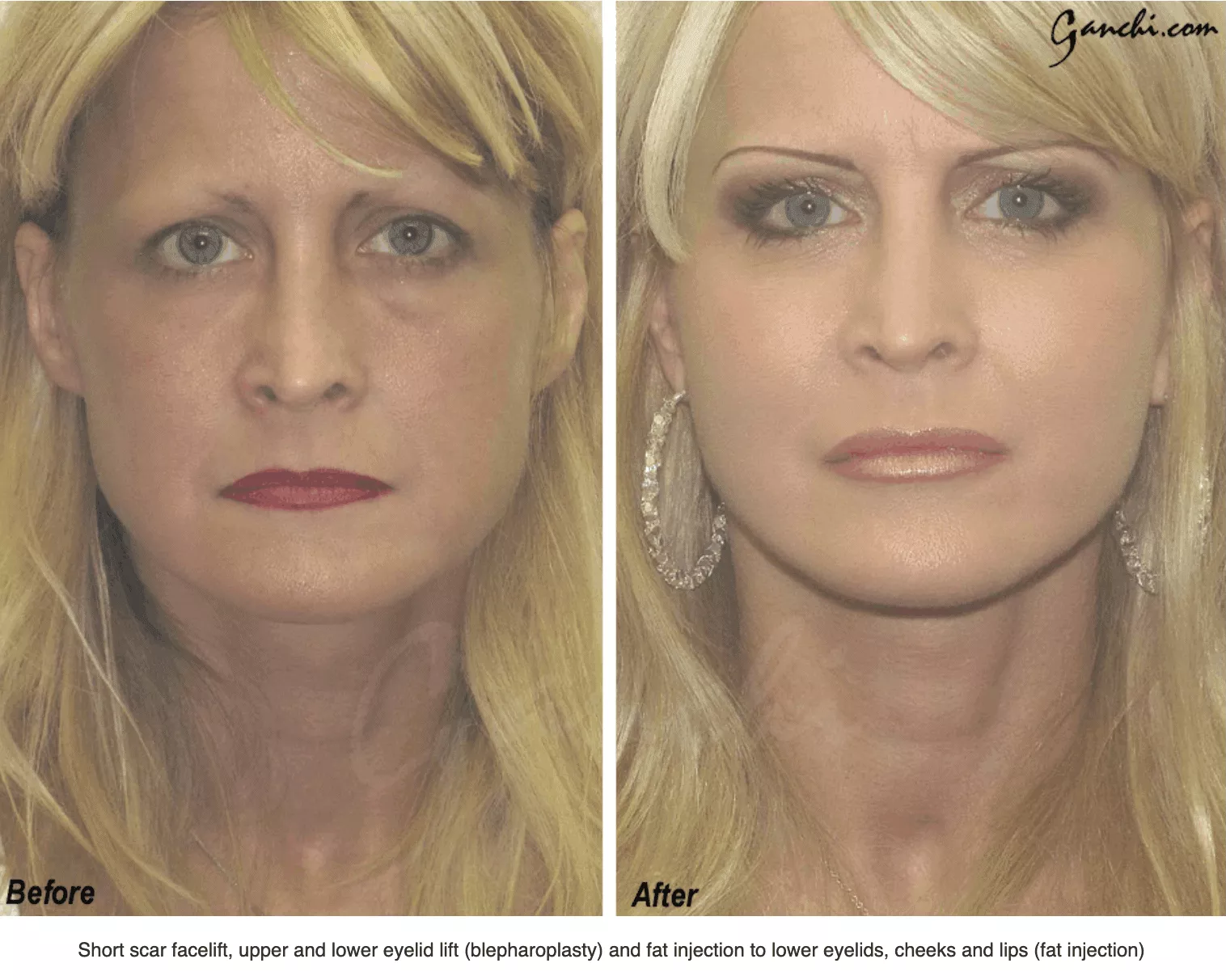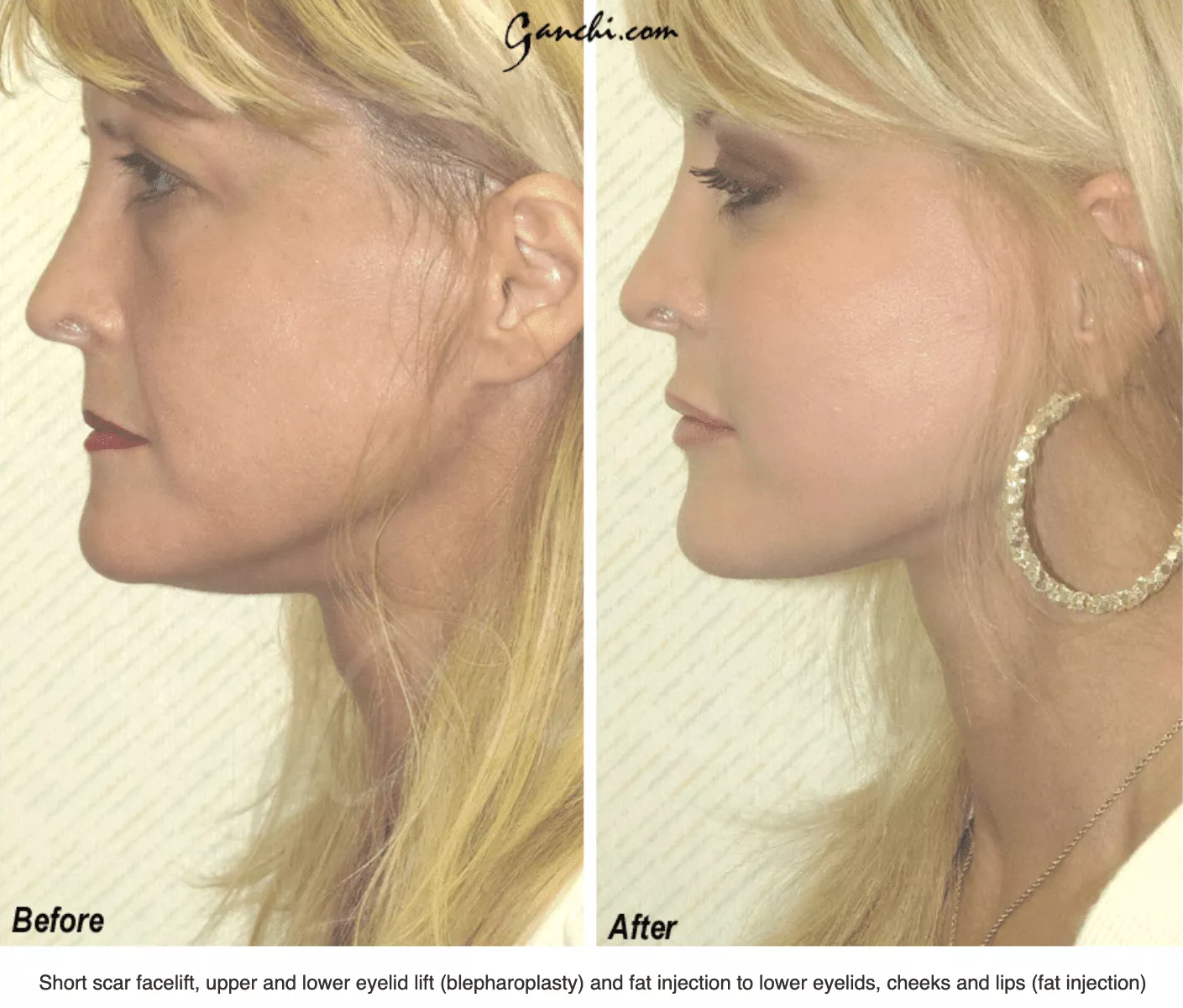Many men and women consider a facelift procedure to help them achieve a fresher, younger appearance. Learn about what to expect after getting a facelift operation, how long it takes to recover from a facelift, and tips to aid in the healing process.


What to Expect After a Facelift
No matter what type of facelift or cosmetic surgery you may choose, healing is always an important part of the process. For most, the goal of a facelift is to reduce signs of aging and enhance their natural beauty. The immediate aftermath of a facelift could be daunting if you do not have realistic expectations. Knowing the best strategies for recovery will not only help you heal faster but also have better overall results.
Immediately following surgery, you will be swollen and bruised to various degrees. Postoperative bandages should remain in place for 24 to 48 hours after your surgery. In most cases, you can shower and wash your hair after surgical dressings are removed. Approximately 7 to 10 days post-surgery, your stitches can be removed during your follow-up appointment.
Initially, you may feel some numbness on your face and neck. Your skin can also feel tight due to swelling. Allow up to two months for the tightening and numbness to reduce to a more natural and normal feel. About eight weeks after your facelift, your skin and muscles will stabilize, giving you a better idea of your true results.
During your recovery, be sure to monitor your incisions. Check for any redness, drainage, or puss. These symptoms, as well as a fever, could indicate potential infection that may require medication. Communicate your concerns to your surgeon or care team to be sure the problem does not persist.
Postoperative care strategies are a key component to your facelift results. Your plastic surgeon may have performed a successful surgery, but your follow-up care is just as essential. For the best outcome following your facelift, nurture yourself using these 7 facelift recovery tips.
7 Facelift Recovery Tips
The recovery process following any surgery, including a facelift, can be aided by a variety of methods. Knowing and implementing the proper support for your body’s needs post-operation is important; doing so can increase your ability to heal faster and enjoy the results of your cosmetic surgery.
1. Rest and Head Elevation
Keeping your head elevated post facelift can be essential to your healing experience. Sleeping in a semi-upright position for several days to a week can help protect your investment in yourself. Sleeping in a recliner or in bed propped up with pillows will keep your head elevated while you rest and sleep. Your resting position should be at about a 45-degree angle.
For three weeks following your surgery, avoid sleeping on your side. Finding a way to sleep with the back of your head on the pillow rather than the side of your face can prevent unwanted shifting of the facial tissue and damage to the stitches in the incision.
Following an operation, healing is usually most effective when the body is resting. Having help within the home for the first day or two or even more can help you get the rest you need to recover.
Activities that elevate blood pressure can increase the risk of bleeding at the site of the incision. Each patient is unique and heals at their own pace. After 10 to 14 days of rest, you can begin to resume most normal activities of daily living. Many patients return to work and social activities after two weeks unless otherwise instructed by their surgeon. Most patients are cleared for exercise 4 to 6 weeks following surgery.
2. Ice and Cold Compresses
Keeping ice packs on your face and neck post surgery can drastically reduce swelling and bruising. Your blood vessels constrict as a reaction to the cold helping to control inflammation. In addition, the use of ice packs can numb the nerve endings in the face. Utilizing cold compresses can help alleviate discomfort and pain associated with the surgery. MAKE SURE TO SPEAK WITH YOUR SURGEON BEFORE APPLYING ICE PACKS TO YOUR FACE.
Custom reusable gel packs that can be cooled in the refrigerator or freezer are available, but simply a quality ziplock bag filled with ice can work just as well. Make sure that with whatever method you use, there is some protection such as a thin towel that acts as a buffer between the extreme cold and your sensitive skin.
Some plastic surgeons recommend applying cold compresses as much as possible within the first 72 hours following your facelift. Using ice packs as part of your post-operative care can extend up to six weeks. Be sure to consult with your doctor and review your facelift aftercare checklist for the suggested use of cold therapy. Sometimes, your surgeon may NOT want you to use ice packs. Make sure to ask.
3. Wear A Compression Bandage
A compression bandage is specially designed to aid in the healing process to be worn after many surgeries. Facial compression garments or elastic face tensioners are available for facelift patients to provide support to their healing tissues. Keeping the facial muscles and skin compressed can reduce swelling and the accumulation of fluid in the face. Following your surgery, elastic face tensioners can hold everything in place so your face heals symmetrically.
Some patients are recommended to wear compression up to 24 hours a day for 1 to 2 weeks or even longer after surgery. The regimen may be reduced to wearing the compression band only at night or when alone for 30 to 45 days. You cosmetic surgeon will advise you on how long you should wear a compression garment based on your specific needs. Do not make any adjustments to facial wraps without checking with your surgical team.
4. Water
Drink water following surgery. Water naturally improves the quality of skin and helps your largest organ maintain elasticity. The commonly suggested daily dose of 8 glasses of water is not necessary. Simply let your natural thirst mechanism guide you as a great starting point to help you heal from your facelift. Staying hydrated can help flush the body of unwanted toxins, prevent constipation (a common side effect from some pain medications), and deliver nutrients needed to the wounds to ensure a better healing process.
5. Nutrition
Just like drinking water, nutrition is a key factor in staying healthy after a cosmetic procedure. Following your cosmetic surgery, your diet can play a positive role in healing faster. Eating foods and spices that are known to reduce inflammation can help minimize swelling. Pineapple, ginger, parsley, walnuts, turmeric, leafy greens, broccoli, avocado, and hemp seed products are all on a long list of dietary items that contain anti-inflammatory properties.
Foods rich with vitamin C, Vitamin E, Vitamin A, beta-carotene, and omega-3 fatty acids are recommended for a quicker recovery. Vitamin C helps your body produce collagen that helps the skin appear healthy and youthful. Healthy fats in nuts and avocados help boost the immune system.
Consult your plastic surgeon before taking vitamins, supplements or completely altering your diet following your facelift. Balancing your nutrition is important and getting too much of a good thing can actually be harmful. Health foods such as garlic, ginkgo biloba, and ginseng can thin the blood and potentially cause unwanted bleeding if consumed in excess. Generally, eat lots of fruits, vegetables, whole grains, beans, nuts and seeds. Avoid processed foods.


6. Avoid Exposure to Sun and Other Elements
Sun, wind, and harsh weather conditions can be damaging to your healing skin. Exposure to the sun immediately after your operation can cause irritation, inflammation, and even scarring. When out in the sun, protect yourself from harmful UV rays using a sunscreen of SPF 30 or more. Hats, sunglasses, and other garments can also be helpful.
Other weather conditions such as exposure to strong winds, extreme heat or cold, pollution, dust, and smoke can affect how you heal. After your surgery, temporarily limiting the amount of time spent outside can significantly reduce your risk of scarring, discoloration, irritation, and inflammation.
7. Avoid Tobacco, Drugs, and Alcohol
Do not smoke following your surgical procedure. The healing process, following a facelift, is dependent on having healthy oxygenated cells to mend facial tissue that was affected by the operation. Smoking can slow down the healing process and should be avoided. Severe skin loss and scarring may result from any tobacco or nicotine use!
Similar to tobacco use, alcohol and drugs can impair the immune system that needs to be boosted for best healing results after your surgery. Drugs and alcohol can also interfere with pain medications that may be prescribed to facelift patients. Using recreational drugs or drinking alcohol immediately after your operation is not advised. It is strongly advised to wait until you are no longer taking prescription pain medicine and completely healed post-surgery to resume your regular habits.
Follow the Doctor’s Orders
Follow the doctor’s orders; for some people this is easier said than done. Your plastic surgeon is an expert in the field and knows what is best for your recovery. You will be provided with comprehensive instructions, including many of the suggestions above, that will help you get the best results possible. But it is up to you to manage your post-operative care.
Be mindful that if you are instructed to avoid aspirin on your post-operation checklist, it is for a reason. While aspirin is commonly used to reduce inflammation, treat pain and fevers, it can also thin the blood. A single aspirin could be potentially hazardous and lead to hemorrhaging at the site of the incision. Take your checklist seriously.
Avoiding strenuous activity, such as lifting and straining, can prevent bruising. Following the suggested diet can be very beneficial to your healing needs. Rest, cold compresses, and wearing your bandages and wraps for the appropriate amount of time are a necessary part of the process to recover as quickly as possible. If you do your part following your facelift operation, you will more likely recover faster and see the results you want.
Dr. Ganchi is a Harvard trained plastic surgeon who has over a decade of experience in cosmetic surgery. If you are considering getting a facelift, you want to go to the best surgeon possible. Ganchi Plastic Surgery is an exclusive cosmetic surgery practice that can help you transform your self-image safely and naturally.
er said than done. Your plastic surgeon is an expert in the field and knows what is best for your recovery. You will be provided with comprehensive instructions, including many of the suggestions above, that will help you get the best results possible. But it is up to you to manage your post-operative care.
Be mindful that if you are instructed to avoid aspirin on your post-operation checklist, it is for a reason. While aspirin is commonly used to reduce inflammation, treat pain and fevers, it can also thin the blood. A single aspirin could be potentially hazardous and lead to hemorrhaging at the site of the incision. Take your checklist seriously.
Avoiding strenuous activity, such as lifting and straining, can prevent bruising. Following the suggested diet can be very beneficial to your healing needs. Rest, cold compresses, and wearing your bandages and wraps for the appropriate amount of time are a necessary part of the process to recover as quickly as possible. If you do your part following your facelift operation, you will more likely recover faster and see the results you want.
Dr. Ganchi is a Harvard trained plastic surgeon who has over a decade of experience in cosmetic surgery. If you are considering getting a facelift, you want to go to the best surgeon possible. Ganchi Plastic Surgery is an exclusive cosmetic surgery practice that can help you transform your self image safely and naturally.
